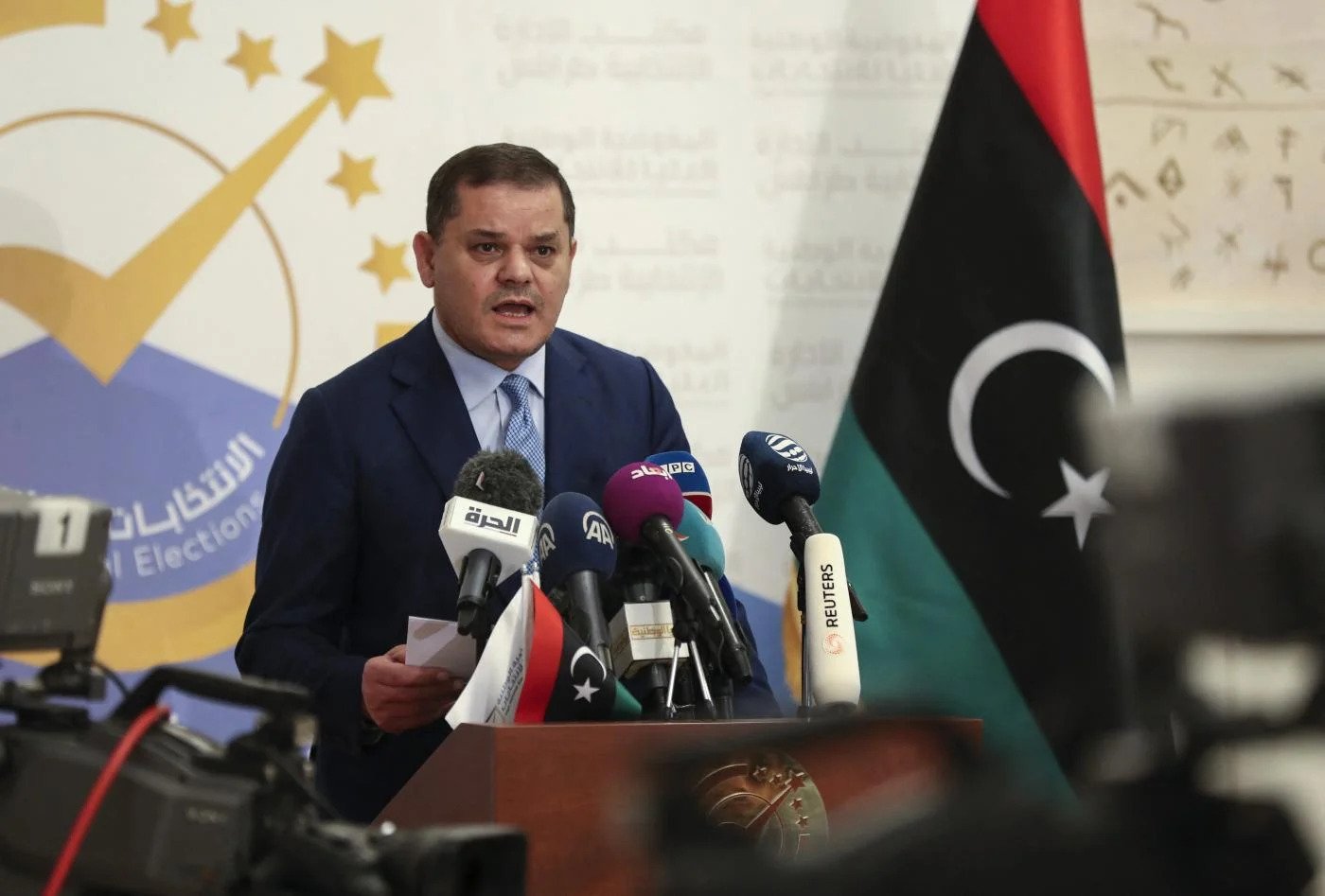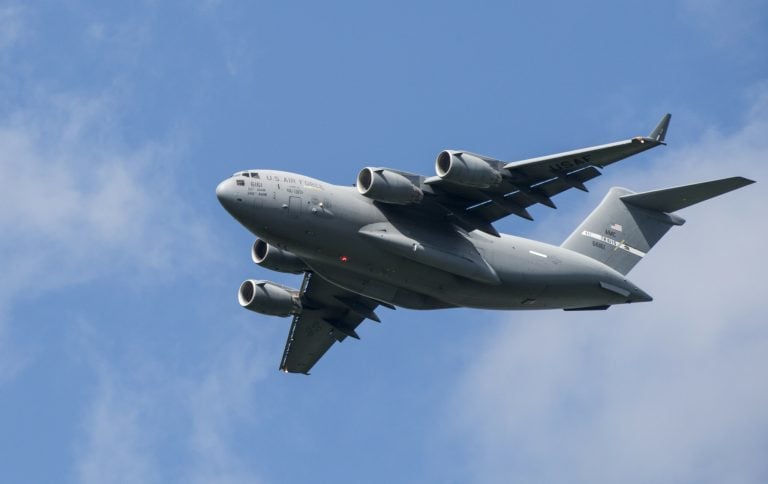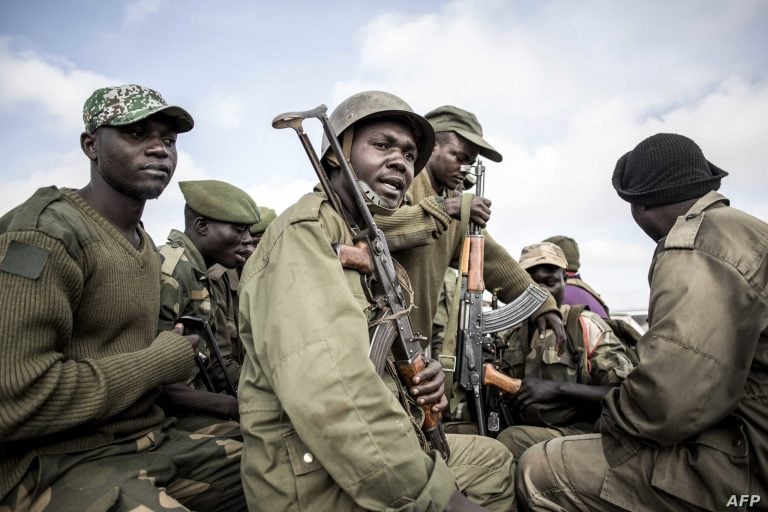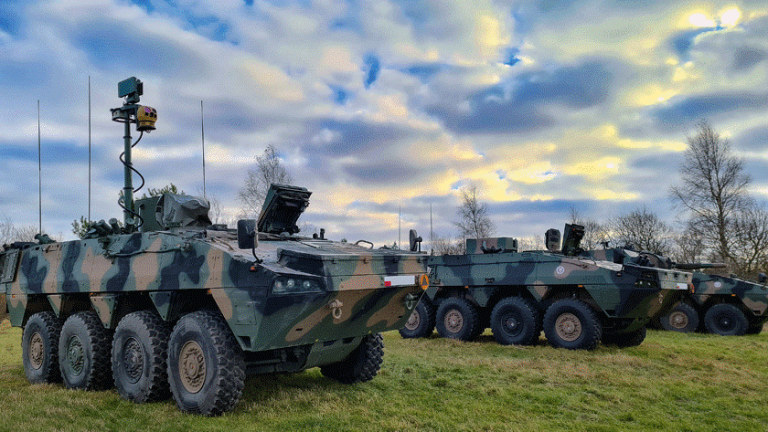Libya’s UN-backed Prime Minister, Abdulhamid Dbeibah, addressed the nation on Saturday, urging armed groups to integrate with state institutions amidst ongoing turmoil in Tripoli marked by violent clashes and public protests calling for his resignation. In a televised speech, Dbeibah welcomed those willing to align with the government, emphasizing a commitment to a Libya devoid of militias and corruption.
The recent unrest erupted following the death of Abdelghani al-Kikli, the leader of the Support and Stability Apparatus (SSA), at the hands of the Dbeibah-aligned 444 Brigade. This led to intense confrontations between the 444 Brigade and the Radaa Force, further complicating the already divided political landscape of the country, which sharply contrasts the UN-recognized government in Tripoli and a rival administration led by military figure Khalifa Haftar in the east.
Amidst the violence, which has claimed at least eight lives according to the UN, authorities are struggling to maintain order and provide an official casualty count. Dbeibah’s remarks indicated a focused attempt to dismantle the Radaa group, urging for unity rather than discord among factions in Tripoli.
In his address, Dbeibah alluded to severe abuses committed by armed groups, detailing instances of corruption and violence, including a shocking account of a nephew of Kikli who was implicated in executing ten people. Notably, he mentioned Ousama Al Masri Nejim, an SSA associate wanted by the International Criminal Court for serious human rights violations.
Despite Dbeibah’s assurances of governmental reforms, frustration mounted among Tripoli’s residents, who took to the streets demanding his resignation for a second consecutive day. On Saturday, approximately 500 protesters gathered, following a large demonstration the previous day that culminated in a violent incident, resulting in the death of a police officer near Dbeibah’s office.
While some aspects of normalcy returned to the capital, with flights and businesses resuming operations, the political atmosphere remains fraught with unease. Reports surfaced indicating that several officials from Dbeibah’s cabinet had resigned, and local councils in the area echoed calls for his departure. Key political figures such as Khaled al-Mishri began discussions with the eastern parliament to identify a potential successor for a new government.
Amid these developments, Dbeibah sought to engage with tribal leaders in Tripoli, urging their support for state efforts to restore order and prevent a resurgence of chaos. Additionally, a delegation from his hometown of Misrata expressed strong backing for his administration’s attempts to curtail militia control and reinforce state authority.
The volatile situation has also prompted international responses, with Turkey repatriating 82 of its nationals from Libya on Friday, highlighting the wider implications of the ongoing crisis. As the nation grapples with its fragmented governance and escalating violence, the path forward remains uncertain, underscoring the urgent need for dialogue and resolution among the conflicting parties.







